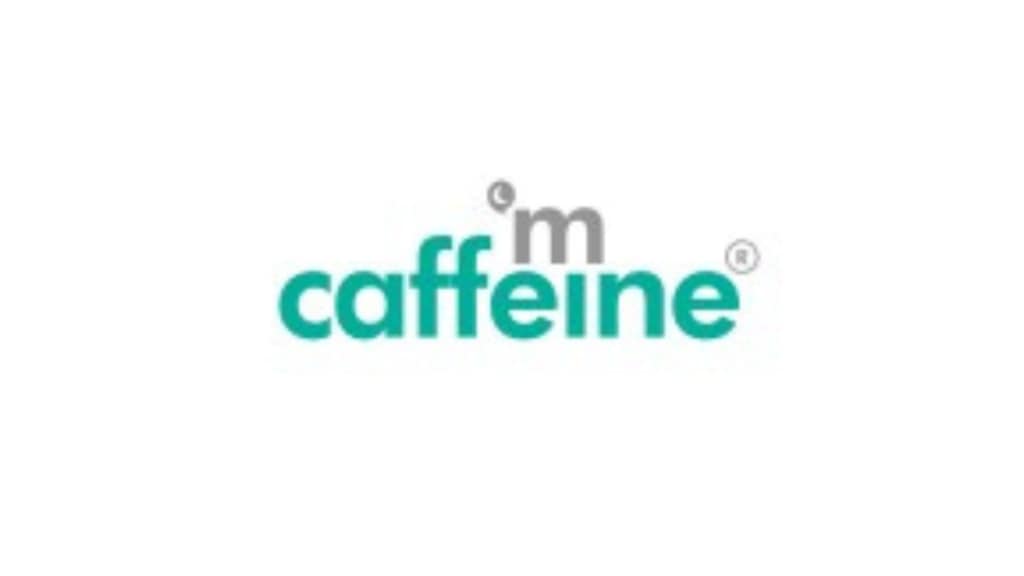Many direct-to-consumer (D2C) brands such as Mamaearth, MyGlamm, Furlenco have been adopting a ‘house of brands’ model once they reach a certain scale. D2C startup mCaffeine is also fast heading into the same direction. Last year, the personal care brand joined hands with actor Kriti Sanon to launch skincare brand HYPHEN. Today, PEP Technologies, the parent company of mCaffeine and HYPHEN, is exploring interesting acquisition opportunities and may soon add one or two brands to its umbrella.
Tarun Sharma, co-founder and CEO, PEP Technologies, said, “Some interesting acquisition opportunities have been coming our way in the last four to five months. So, we may launch our third and fourth brands soon.”
The key reason behind D2C brands taking the ‘house of brands’ route is to expand their product horizon and engage with a wider audience. “In India, one brand can’t stand up for everything. We tried to have one brand for all categories, but we could not justify all of them,” he told FE. The co-founder said that the journey D2C startups are taking is similar to that of Unilever, which houses many brands across categories. “mCaffeine primarily focuses on body care and HYPHEN is popular in face care. mCaffeine may also have face care products, but the primary category for mCaffeine is body care. And, if there are some categories which we already do not have in our PEP ecosystem, we might take a shot at it by launching new brands,” he added.
Founded in 2015, the Mumbai-based company is today at Rs 300 crore annual revenue run rate. It hit profitability in September this year and is hopeful on continuing the growth trajectory. “As a whole, we made about Rs 60-70 lakh profit, and we are on the same trajectory. Last year, we were burning to a certain extent. Now, operationally, the parent company as a whole is profitable, and mCaffeine is heavily profitable,” Sharma said.
The startup heightened its focus on profitability last year when it realised that in order to become a Rs 1,000 crore company at 20% Ebitda, it needs to reach profitability at Rs 300-400 crore revenue. “Hence, last year, that focus came in and now we are on the other side of that turnaround,” he said. The D2C personal care startup primarily made three changes. It trimmed down certain categories and repositioned itself with just the winner categories. It focused heavily on improving operational efficiencies and gross margins. It also increased its repeat percentage of sales from 43% last year to 57% today.
The company is aiming to cross the Rs 1,000 crore revenue mark by FY28. In order to achieve that, it is targeting a 40% growth for FY25 and 40-50% growth for FY26. It also plans to invest the profit back into growth categories, brand building and offline expansion by FY26. For mCaffeine, the parent firm plans to go deep into building body care and distribution around it . For HYPHEN, it aims to create a few new categories based on consumer feedback. It also aims to take HYPHEN to international markets.
As of March 2022, Pep Technologies had raised a total of $40 million. It last raised funding in March 2022, in a Rs 240 crore Series C round, led by Paragon Partners, with participation from Singularity Growth Opportunities Fund, Sharrp Ventures and existing investors Amicus Capital Partners and RPSG Capital Ventures.

